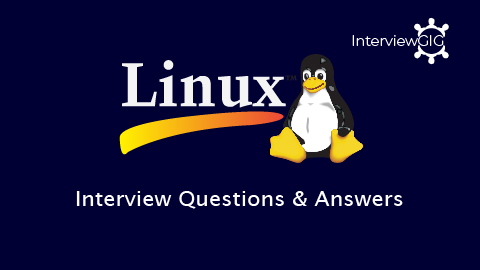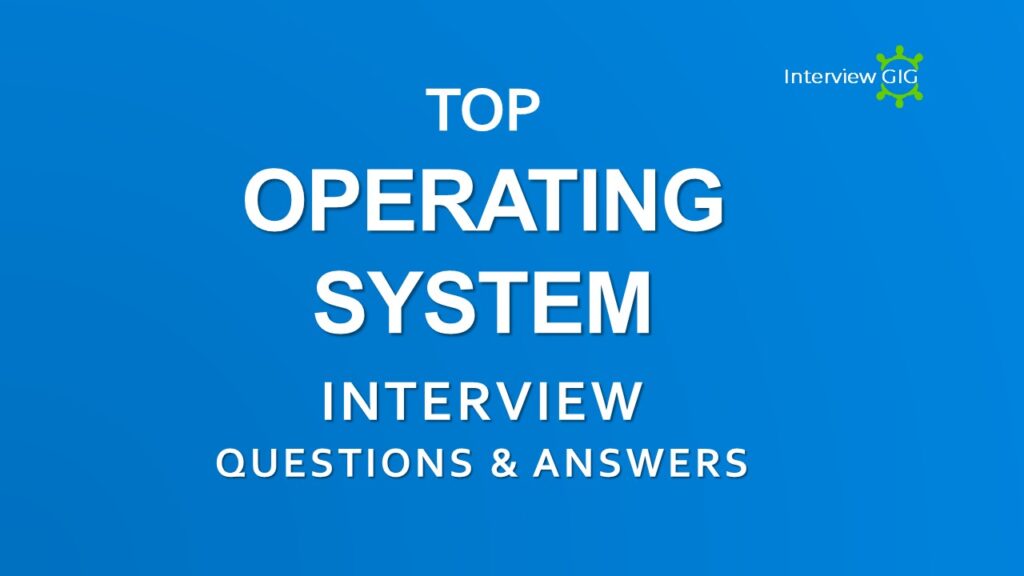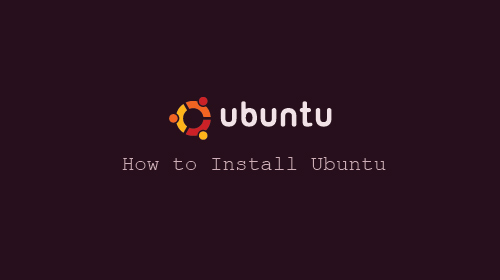What is Ubuntu?
Ubuntu is a complete Linux operating system. Ubuntu is an operating system consisting of free and open source software. With Ubuntu you can surf the web, read email, and create documents, spreadsheets and more! Ubuntu gives you power and flexibility for business, education and home use. Ubuntu is easy to install, free of viruses, and perfect for laptops, desktops and servers. Ubuntu comes with a wide range of software programs, including Firefox and LibreOffice. There is also proprietary software that can be run on Ubuntu.
What is Unity in Ubuntu?
Unity is a graphical shell for the GNOME desktop environment originally developed by Canonical Ltd. for its Ubuntu operating system. Unity is the default windows manager. On left side of the Ubuntu it introduces the launcher and Dash to start programs. In order to add new entries to the launcher you can create a file name like .desktop and then drag file on the launcher.
What is Unity Tweak Tool?
Unity Tweak Tool is a popular Unity desktop customization tool. As the name implies, this tool is applicable to Ubuntu’s default desktop environment only (i.e., Unity-based GNOME desktop). This versatile tool allows you to customize a wide variety of Unity desktop features and configurations via extremely intuitive and easy-to-use GUI. Its menu looks similar to Ubuntu’s official System Settings, but its desktop customization capabilities far exceed those of the default System Settings. Using Unity Tweak Tool, you can customize appearance, behaviors and configurations for a plethora of desktop components, such as workspace, windows, icons, themes, cursors, fonts, scrolling, hot corners, etc. If you are a Unity desktop user, Unity Tweak Tool is definitely a must-have app.
What is Dropbox?
Dropbox is essentially a cloud service which lets you store files on the internet as opposed to your own computer.
How you can append one file to another in Ubuntu Linux?
To append one file to another in Ubuntu Linux you can use command cat file2 >> file 1. The operator >> appends the output of the named file or creates the file if it is not created. While another command cat file 1 file 2 > file 3 appends two or more files to one.
How you can reset Unity Configuration?
To reset the unity configuration the simplest way to do is to hit open a Terminal or hit Atl-F2 and run the command # unity –reset
How you can get the current color of the current screen on the Ubuntu desktop?
You can open the background image in The Gimp (image editor) and then use the dropper tool to select the color on the specific point. It gives you the RGB value of the color at that point.
How to enable root logging in Ubuntu?
The command which enables root logging is
#sudo sh-c ‘echo “greater-show-manual-login=true” >>/etc/lightdm/lightdm.conf’
What is the use of behaviour tab in Ubuntu?
In Ubuntu, through behaviors tab you can make many changes on the appearance of desktop. Auto hide the launcher: You can use this option to reveal the launcher when moving the pointer to the defined hot spot. Enable workspaces: By checking this option you can enable workspace Add show desktop icon to the launcher: This option is used to display the desktop icon on the launcher
What components have been released by Ubuntu for their for their cloud strategy?
Ubuntu has released three components, they are named as:
- Ubuntu Server Edition on Amazon EC2 (IaaS)
- Ubuntu enterprise cloud powered by Eucalyptus (IaaS)
- Ubuntu One (SaaS)
- \The first two components are targeted for the infrastructure layer of the computer stack. And Ubuntuone is meant for the software layer also known as Software as a service (SaaS).
How to enable startup sound in Ubuntu?
To enable startup sound in Ubuntu
Click control gear and then click on Startup Applications. In the Startup Application Preferences window, click Add to add an entry. Then fill the information in comment box like Name, Command and Comment
/usr/bin/canberra-gtk-play—id= “desktop-login”—description= “play login sound” Logout and then login once you are done
How IP addressing is managed in Ubuntu cloud?
The IP addressing is an essential part of networking and to establish an Ubuntu cloud it has to be configured correctly and the default gateway has to be mentioned for communication with another network or same network. To configure the IP addressing the command that can be used is ip, ipconfig and route. These are the commands that allow the configuration of the networking.
How to color the Git console in Ubuntu?
To color the Git console in Ubuntu you can use the command git config—global color.ui auto. In the command, the color.ui variable sets the default value for variable such as color.diff and color.grep.
How to identify Ethernet interfaces in Ubuntu cloud?
Ethernet interfaces are the part of the networking and it is automatically identified by the system using different naming conventions. It is represented by ethX, where X= any numeric value. The default interface of the system is named as eth0 and it will go on after this. To identify the Ethernet interface the command that is used:
ifconfig -a | grep eth
eth0
Link encap:Ethernet
HWaddr 00:15:c5:4a:16:5aThe command will show all the interfaces that are associated with the system.
How you can get the current color of the current screen on the Ubuntu desktop?
You can open the background image in The Gimp (image editor) and then use the dropper tool to select the color on the specific point. It gives you the RGB value of the color at that point.
What is the meaning of export command in Ubuntu?
Export is a command in the Bash shell language. When used to set a variable, as in your example, the variable (PATH) will be visible (“exported to”) any sub processes started from that instance of Bash. Without the export command, the variable will not exist in the sub process.
export PATH=$PATH:/usr/src/hive/build/dist/bin/
How you can run an Ubuntu program in the background simultaneously when you start your Ubuntu Server?
By using nohup. It will stop the process receiving the NOHUP signal and thus terminating it you log out of the program which was invoked with. & runs the process in the background.
How do I know if my video card can run Unity?
/usr/lib/nux/unity_support_test -p
Which should give you some detailed output about Unity’s requirements and if they are met, e.g.:
- OpenGL vendor string: NVIDIA Corporation
- OpenGL renderer string: GeForce 6600 GT/PCI/SSE2/3DNOW!
- OpenGL version string: 1.2 NVIDIA 270.30
- Not software rendered: yes
- Not blacklisted: yes
- GLX fbconfig: yes
- GLX texture from pixmap: yes
- GL npot or rect textures: yes
- GL vertex program: yes
- GL fragment program: yes
- GL vertex buffer object: yes
- GL framebuffer object: yes
- GL version is 1.4+: yes
- Unity supported: yes
Why Ubuntu is safe and not affected by viruses?
- It does not support malicious e-mails and contents, and before any e-mail is opened by users it will go through many security checks
- Ubuntu uses Linux, which is a super secure O.S system
- Unlike other O.S, countless Linux users can see the code at any time and can fix the problem if there is any
- Generally, Malwares and viruses are coded to take advantage of weakness in Windows.
What are personal package archives (PPAs)?
Personal Package Archives (PPAs) are software repositories designed for Ubuntu users and are easier to install than other third-party repositories. PPAs are often used to distribute pre-release software so that it can be tested. Personal Package Archives (PPA) allow you to upload Ubuntu source packages to be built and published as an apt repository by Launchpad.
What is the main purpose of using libaio package in Ubuntu?
Libaio is Linux Kernel Asynchronous I/O (A/O). A/O allows even a single application thread to overlap I/O operations with other processing, by providing an interface for submitting one or more I/O requests in one system call without waiting for completion. And a separate interface to reap completed I/O operations associated with a given completion group.
What are the features included in Ubuntu enterprise cloud?
Ubuntu enterprise cloud includes many features that are not being provided with the other cloud platforms:
- It provides complete built in cloud solution to manage the on-demand functionality.
- It provides the features of on-demand access and increases the EC2 functionality.
- It is EC2 compatible cloud platform that is built on Ubuntu server.
- It provides an easy way to scale the public providers and avoid lock-in whenever possible.
- It provides privacy policies and isolation from the hardware devices.





